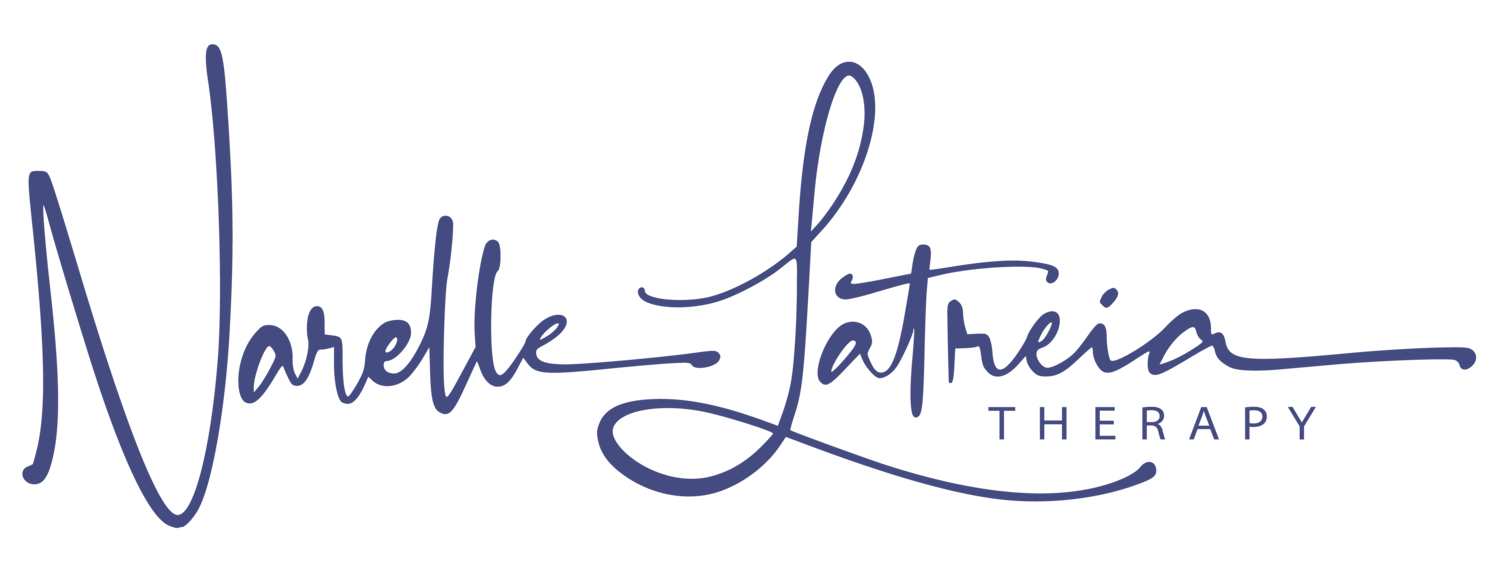
I believe that even the most painful emotions lose power when spoken about in a safe relationship.
Engaging with therapy requires courage, particularly when working through the impact of trauma, but it can absolutely change your life. I was drawn to this work because I felt the magic of compassionate connection in my own life. I wanted to study how and why it worked. This study and subsequent professional experience has solidified my belief that therapy can transform pain into passion and change. This is what I can support you to do.

I am grateful to be in a profession that allows me to connect with people in deep and authentic ways. My family and I live in the Adelaide Hills and walking in our favourite spots reminds me of one of the fundamental beliefs I have about healing: all living things have the capacity to survive, regrow and even thrive after adversity.
The role of good therapy isn’t to ‘fix’ you, because recovery comes from within. My role is to provide the validating, professional environment to enable you to flourish again.
Professional background
I am an accredited mental health social worker with 20 years experience working with families & individuals experiencing difficult times. I spent my early years supporting mothers and children in child protection and the domestic violence sector. I went on to work for CAMHS, the Department of Education & Child Development, and later worked as a senior clinician for headspace in their complex care team. For the last 3 years I have worked as a private practitioner so that I could focus on areas of therapy I am most passionate about, particularly the intersection between trauma and neurodivergence. This professional journey has allowed me to gather the healing stories and wisdom of many parents and young people. This wisdom has profoundly shaped how I work and what specialised training I have chosen to undertake.
My therapeutic approach is neuro-affirming, psychodynamic and sits within a framework of Family Systems and Attachment Theory with a strong emphasis on the neuroscience of trauma research. I am influenced by the work of Dan Siegal, Babette Rothchild, Deb Dana, Kerry Mahler, and Brené Brown. While I am trained in the use of a range of evidence based therapeutic modalities, such as ACT, DBT, DNA-V and EMDR, I do not use one model exclusively but draw on the approach that best suits the person I am working with. I keep my caseload small because I believe that the most transformative tool a therapist has is their relationship with the client. I take the time to ensure clients feel seen, heard and in charge of their recovery.

